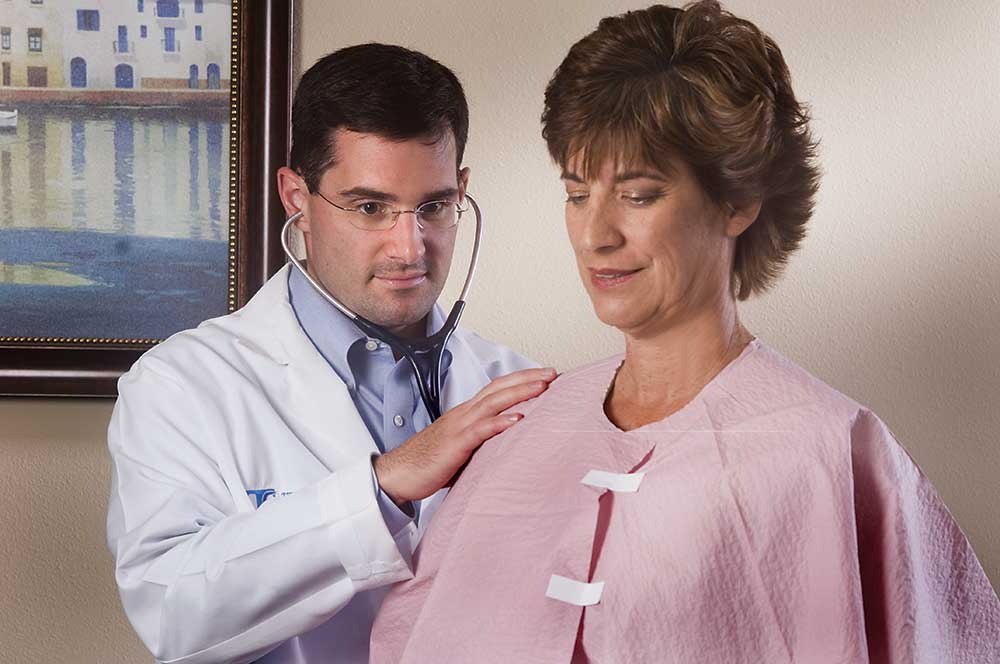Abdominal Surgery
Abdominal Procedures
PROCEDURES FOR APPENDIX
The appendix is a small finger-like projection that comes off the cecum of the large intestine located in the right lower region on the abdomen and has no apparent function in the human. When the opening in the sac is blocked, it leads to an inflammation of the appendix called appendicitis. This condition occurs most commonly in the young, between childhood and young adulthood. Appendicitis is an emergency condition and requires urgent surgical removal of the appendix. The appendix can be removed through a small incision in the right lower abdomen or via several small incisions and a camera (laparoscopic appendectomy). Laparoscopic appendectomy is performed in the majority of situations.
COLON
Surgery of colon is done for various reasons including polyps, cancer, diverticulitis, inflammatory bowel disease, and fistulae. The colon serves primarily to absorb water from stool. Colon operations performed on an elective basis are performed using a large incision in the middle of the abdomen (open technique) or with several small incisions (laparoscopic technique) depending on the clinical situation. Elective colon operations almost never require a colostomy bag. Emergency colon operations are typically performed with the open technique and often require a colostomy bag.
GALLBLADDER
The gallbladder functions primarily in the digestion of fat by the intestines. The gallbladder is filled with bile, a green fluid made by the liver.Traditionally the surgery is carried out through an incision in the right side of the upper abdomen. More recently the surgery has been carried out through a laparoscope employing 3 or 4 small incisions. The cystic duct carries bile from the gallbladder and joins the common hepatic duct to form the common bile duct. It releases bile by ejecting it through the common bile duct into the small intestine when fatty foods are eaten. Stones may form in the gall bladder, which block the flow of bile resulting in pain in the right upper abdomen. Pain may also result from a dysfunctional gallbladder. Cholecystectomy is the operation for removal of the gall bladder. Gallbladder removal is typically achieved using four small holes and a camera (laparoscopic cholecystectomy). Rarely a large incision in the right upper quadrant is required for gallbladder removal.
INTESTINE OR SMALL BOWEL
Congenital anomalies, inflammation, obstruction, neoplasia (tumors), perforation, bleeding, and ischemia (lack of oxygen supply) are some of the reasons for small bowel surgery. Most commonly, surgery of the small bowel is performed for obstruction (mechanical blockage). Scar tissue from prior operations is the most common cause of a blockage. Surgical release of this scar may be necessary for resolution of the blockage. This type of surgery can sometimes be accomplished with several small incisions (laparoscopic approach).

SPLEEN
The spleen acts as a filter that removes old, abnormal or damaged blood cells and bacteria from the blood. Autoimmune Disorders result in the production of abnormal antibodies by the spleen that attack and destroy normal blood cells in the body. This may result in the enlargement of the spleen which causes pain or the inability to eat. Or this may result in spontaneous bleeding. Splenectomy (removal of the spleen) may assist in controlling these problems. The spleen can be removed most commonly using several small holes and a camera or a single large incision.
The spleen is a very fragile organ and is susceptible to injury from trauma. Splenectomy sometimes is required for control of bleeding from the spleen when injury has been sustained.
Personalized Care.
You, the patient, are our first priority. Our physicians are personally involved in every step of your care, from initial consultation through surgery.
Quality Care.
With extensive training in comprehensive surgical care, our physicians are highly skilled and experienced in the full range of surgical needs.
Priority Care.
Our doctors and staff are committed to providing you with the care you need – when you need it. We strive to operate our office as efficiently as possible to enable us to see you on time and to offer you an appointment within a week of your call.
Specialties
Surgical Weight Loss
Abdominal Surgery
Complete Breast Care
Anti-Reflux (GERD) Surgery
Minimally Invasive Robotic Surgery
Laser Therapy for Varicose Veins
Hernia Surgery - Open and MIS
Cancer Surgery
Endoscopy
Venous Access
Ano-rectal Surgery
Thyroid and Parathyroid Surgery
Laparoscopic Sleeve Gastrectomy
Thibodaux Surgical Specialists
ABOUT TSS
With a genuine interest in each patient, we are dedicated to your best care.
We have carefully structured our practice to be able to provide the personal, quality care we feel you deserve.
SCHEDULE YOUR CONSULTATION
